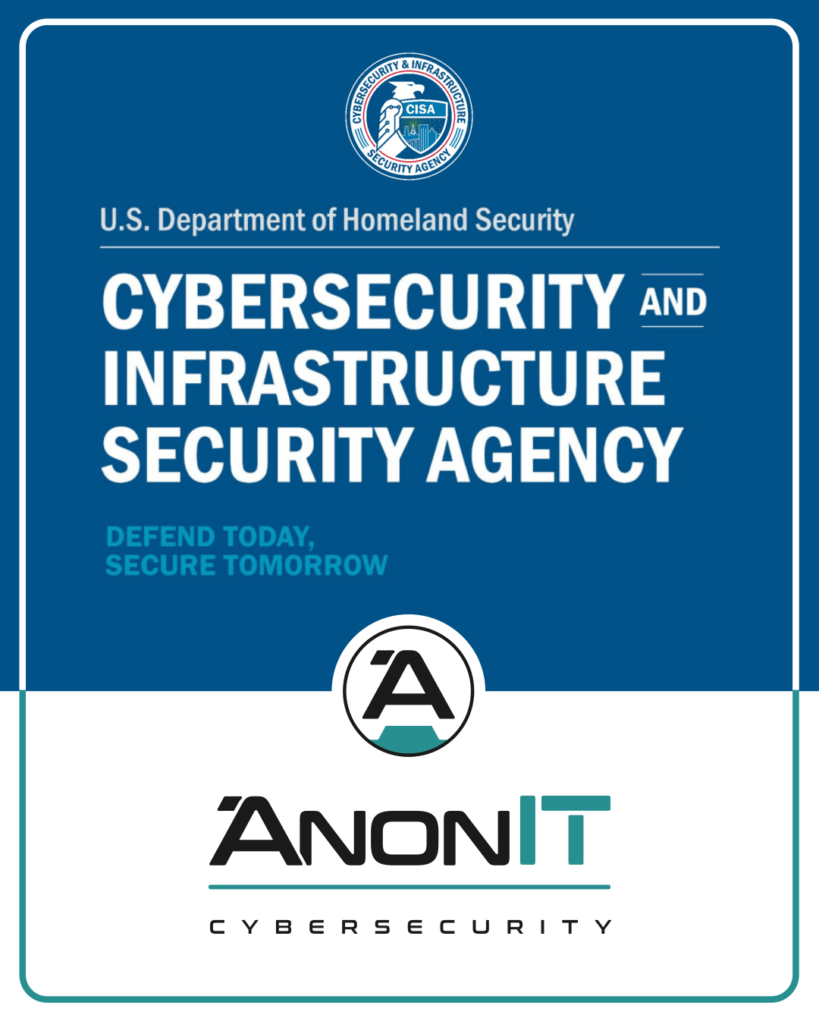Cyber Security & AnonIT


Cybercrime
is a constant threat that businesses have to be aware of and take steps to protect themselves from. One of the most prevalent forms of cybercrime is phishing. Phishing is a type of cyberattack that uses fraudulent emails or websites to trick individuals into providing sensitive information such as login credentials, credit card numbers, and other personal information. The increasing sophistication of phishing attacks and the ease of execution make it a significant threat that is not likely to go away anytime soon. To help businesses protect themselves, ANON IT Solutions offers a range of services to address this problem.
Fully Managed IT Support
ANON IT Solutions provides fully managed IT support services that help businesses protect themselves from phishing attacks. Our team of experts stays current with the latest advancements in the industry to provide you with the best solutions for your specific needs. We provide ongoing support and expertise to ensure that your solutions and services are successfully implemented and managed.
IT Governance
ANON IT Solutions offers IT governance services that help businesses protect themselves from phishing attacks. Our team of experts can help you develop and implement policies and procedures that align with your specific needs and budget. We work with you to ensure that your IT infrastructure is secure and that your sensitive information is protected.
Cloud Managed Solutions
ANON IT Solutions offers cloud managed solutions that help businesses protect themselves from phishing attacks. Our team of experts can help you design, implement, and manage your cloud infrastructure, ensuring that your sensitive information is protected. We provide ongoing support and expertise to ensure that your solutions and services are successfully implemented and managed.
Antivirus Solutions
ANON IT Solutions offers antivirus solutions that help businesses protect themselves from phishing attacks. Our team of experts can provide you with the latest and most effective antivirus software to protect your business against malware, viruses, and other malicious software. We understand that no single solution can provide 100% protection, that’s why our team is dedicated to monitoring and updating your systems regularly to ensure that your business is protected at all times.
Our antivirus solutions include regular scanning, updates and monitoring of your systems, ensuring that any potential threats are identified and dealt with quickly. Our solutions also include advanced features such as real-time protection, automatic updates, and behavior-based detection to provide an added layer of security.
Additionally, our team is also trained to provide you with the necessary training and education to help you and your employees understand how to identify and prevent potential threats, and how to respond to an attack should one occur. We understand that many phishing attacks are successful because of human error, our team will work with you to ensure that your employees are aware of the dangers of phishing and how to protect themselves.





